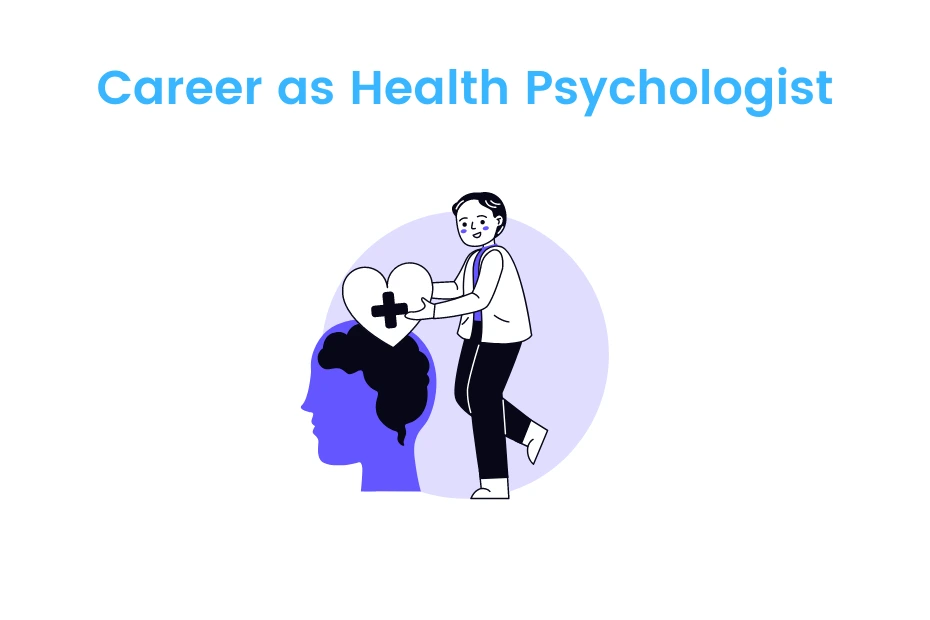Leading Reasons to Consult the Best Psychologist in Delhi for Your Emotional Health
Leading Reasons to Consult the Best Psychologist in Delhi for Your Emotional Health
Blog Article
Psych Treatment: A Comprehensive Overview to Results and strategies

Cognitive-Behavioral Therapy
Cognitive-Behavioral Therapy (CBT) is an extensively made use of psychotherapeutic approach that concentrates on determining and customizing inefficient reasoning and actions patterns. Created in the 1960s by Aaron T. Beck, CBT combines cognitive and behavior theories to address numerous mental health problems, including clinical depression, anxiety, and stress-related problems. The facility of CBT is that maladaptive thoughts contribute to psychological distress and maladaptive actions. By reorganizing these thoughts, people can achieve significant improvements in their emotional well-being and day-to-day performance.
Methods such as cognitive restructuring, exposure therapy, and skill-building workouts are typically utilized. Cognitive restructuring entails challenging and altering adverse idea patterns, while exposure therapy aims to reduce concern and anxiousness with gradual direct exposure to been afraid situations or objects.
Evidence-based research supports the effectiveness of CBT for a vast range of psychological conditions - Best Psychologist in Delhi. Its focus on ability purchase and self-help techniques equips customers to continue progress independently after treatment ends. The flexibility and efficiency of CBT have made it a cornerstone in contemporary psychotherapeutic practice
Psychodynamic Techniques
Rooted in the very early concepts of Sigmund Freud, psychodynamic methods concentrate on exploring the subconscious mind and its influence on behavior and emotions. These approaches intend to reveal covert thoughts and feelings that might be driving maladaptive habits and emotional distress. Central to this approach is the concept of internal dispute, usually coming from unresolved previous experiences, specifically those from youth.
Therapists making use of psychodynamic techniques employ several essential methods, including complimentary association, where individuals are motivated to talk freely to reveal unconscious material, and dream evaluation, which interprets the hidden material of dreams. In addition, the exploration of transfer and countertransference characteristics within the therapeutic connection is critical. These communications can provide insights right into the individual's internal globe and relational patterns.
Psychodynamic treatment is usually longer-term compared to various other techniques, supplying a detailed and deep understanding of the individual's mind. Research indicates that it can be specifically efficient for intricate psychological health issues, such as character problems and chronic anxiety. By fostering self-awareness and psychological understanding, psychodynamic treatment seeks to bring subconscious product to consciousness, making it possible for people to achieve significant and enduring adjustment in their lives.
Humanistic Techniques
Building on the foundations laid by psychodynamic methods, humanistic methods supply an unique viewpoint concentrated on individual possible and self-actualization. Coming from in the mid-20th century, these strategies prioritize the fundamental goodness and development potential of people, stressing an all natural view of human experience. Secret figures such as Carl Rogers and Abraham Maslow have actually considerably affected this healing strategy, which incorporates approaches like client-centered therapy and Gestalt treatment.
Client-centered treatment, developed by Rogers, plays an essential role in humanistic techniques. The therapist's role is even more of a facilitator than an authority, encouraging customers to harness their inner resources for recovery.
Gestalt treatment, one more crucial humanistic technique, stresses present moment recognition and the assimilation of body and mind. By concentrating on the "here and currently," customers gain higher insight into their current feelings and actions. Methods such as role-playing and led visualization are typically utilized to assist clients get a deeper understanding of themselves, ultimately leading to improved self-awareness and gratification.
Integrative Treatments
Integrative treatments represent a synthesis of numerous healing methods customized to satisfy the special requirements of each customer. This strategy acknowledges the complexity of human psychology and the multifaceted nature of psychological wellness problems. By incorporating components from different colleges of psychotherapy-- such as cognitive-behavioral therapy (CBT), psychodynamic treatment, and click over here humanistic strategies-- integrative treatments use a more all natural and adaptable treatment standard.
Professionals of integrative therapy analyze each client's particular demands, signs and symptoms, and individual background to create a tailored therapy plan. This individualized strategy enhances the potential for healing success by resolving the origin of psychological distress and advertising overall well-being. Methods could consist of mindfulness exercises, cognitive restructuring, and emotional handling, each chosen to target different elements of the customer's concerns.
Moreover, integrative treatments emphasize the healing relationship, watching the client-therapist bond as an important element of effective therapy. This connection promotes a supportive environment where customers really feel risk-free to discover and address their concerns. The flexibility of integrative treatments makes them suitable for a broad series of problems, consisting of stress and anxiety, clinical depression, trauma, and interpersonal problems, consequently increasing their applicability and effectiveness in diverse scientific setups.

Determining Therapy End Results
Assessing the performance of psychotherapy is essential for both clients and clinicians to guarantee that the treatment is yielding the wanted results. To accomplish this, various methods and tools are utilized to measure therapy end results methodically. Standardized assessment instruments, such as the Beck Depression Inventory (BDI) and the Generalized Anxiety Disorder wikipedia reference 7 (GAD-7), provide quantitative information on signs and symptom seriousness and adjustments in time.
Along with standard devices, qualitative methods like client self-reports and clinical meetings offer valuable insights into the individual experiences and viewed progress of clients. On a regular basis arranged examinations, typically at the beginning, omphalos, and end of treatment, help in tracking the trajectory of renovation or recognizing areas requiring modification.
Result dimension is not restricted to symptom reduction; it likewise incorporates functional improvements in life, such as much better interpersonal relationships, increased job performance, and enhanced total wellness. Modern improvements in electronic health have actually introduced mobile applications and on-line systems that help with real-time monitoring and feedback, better improving the evaluation process.
Inevitably, a thorough approach to gauging treatment outcomes guarantees that therapeutic treatments work, reliable, and tailored to fulfill the private requirements of clients, consequently maximizing the overall healing experience.
Conclusion
Psychotherapy offers a diverse array of methods focused on dealing with particular mental health concerns and improving total health. Cognitive-Behavioral Therapy and psychodynamic approaches target useless ideas and unconscious impacts, respectively. Humanistic techniques concentrate on personal development and self-actualization, while integrative therapies incorporate multiple approaches for customized therapy plans. Examining treatment end results with qualitative techniques and standard assessments makes sure a detailed understanding of effectiveness, inevitably leading customers toward withstanding psychological health and wellness enhancements.
From the structured method of Cognitive-Behavioral Therapy (CBT) to the deep exploration of the subconscious in psychodynamic therapy, each technique brings one-of-a-kind benefits. Its emphasis on skill purchase and self-help methods empowers clients to proceed progress individually after treatment ends (Best Psychologist in Delhi). Trick figures such as Carl Rogers and Abraham Maslow have considerably affected this healing approach, which Check This Out encompasses techniques like client-centered therapy and Gestalt therapy

Report this page